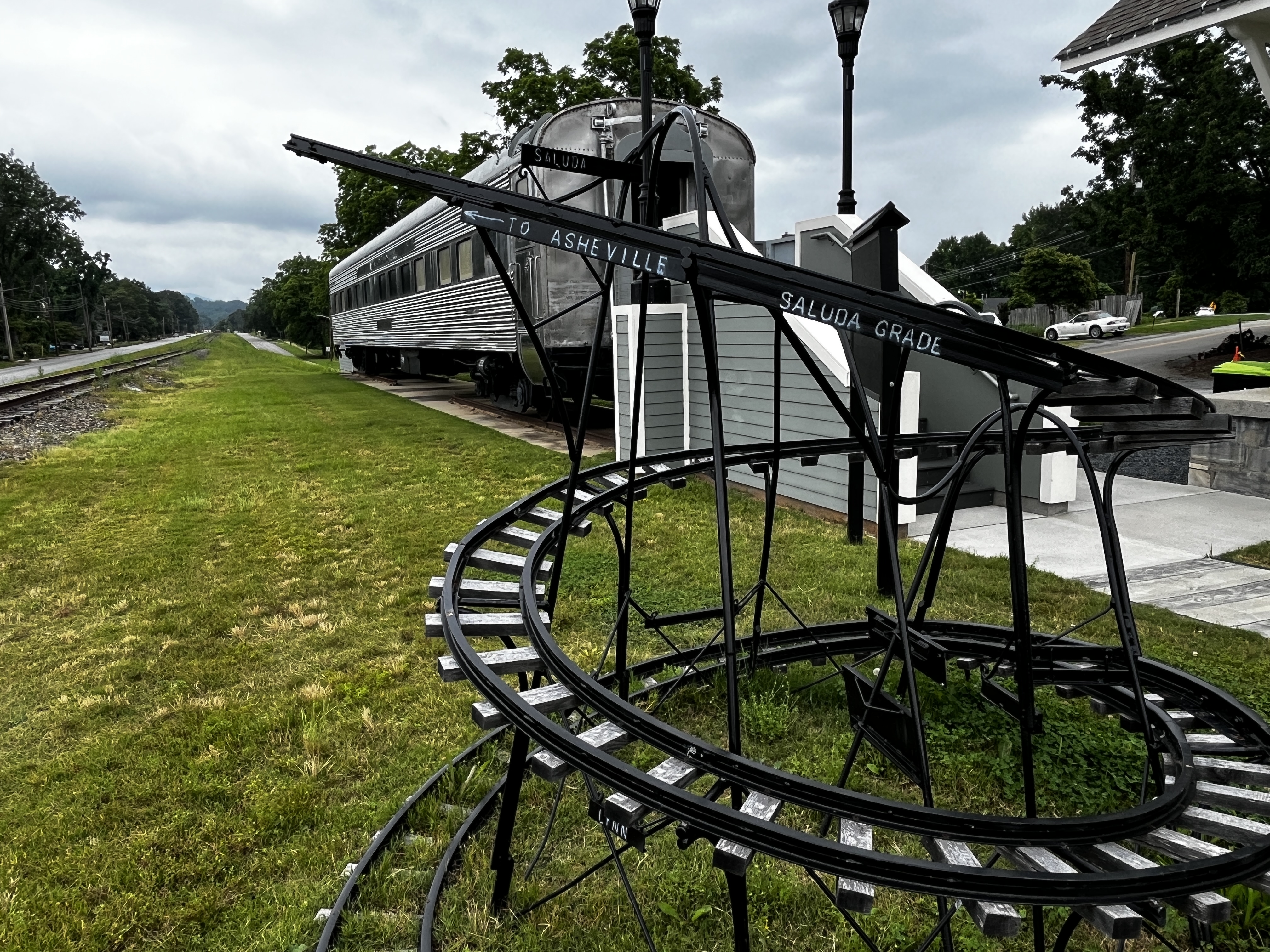Misuse of pills can be deadly
Published 6:25 pm Friday, January 24, 2014
by Kiesa Kay
The economy has been dealt a tough blow, and although it’s a crime, selling prescription pills supplements everyday income for some Polk County citizens. More frequently, pills get misused by people for whom they’ve been prescribed legally, or end up in the hands of friends or family.
Polk County Sheriff Donald Hill and Det. Sgt. B.J. Bayne said misuse of medication had risen 91 percent in Polk County since 1999, and the rate of unintentional suicide have soared as well.
“We’ve seen a rise in opioids and illicit drugs, and our biggest increase has been in misuse of prescription drugs,” Bayne said. “It isn’t only overdoses, either. Eighty percent of the crimes we see have some connection to drug use. Either the individual has committed a crime to try to get money to get prescription drugs or the crimes have been committed by someone after prescription drugs have been taken.”
Domestic violence crimes often have a prescription drug component, sometimes because the family members will be fighting over those drugs. Alcohol used to be the fuel for violence, but now prescription drugs have taken the lead.
“It hit me like a storm when I saw how pervasive this problem was,” said Fred Wells Brason, CEO of Project Lazarus, who spoke recently at Isothermal community college (ICC). Brason first encountered pill popping and illicit purchase of legally prescribed drugs when he worked with Hospice in Wilkes County in 2004.
“Doctors could not safely write prescriptions for people in the Hospice house,” he said. “I do not want to take medication away from someone who does very well with it just because someone else might misuse it.”
Brason described incidents in which people who are prescribed a ten-day dosage of an antibiotic might only use five days and then feel better, and share that antibiotic later with someone else who seemed to have the same illness. He told of a quarterback, possibly aching after a big game, who died after taking his grandmother’s pain medicine.
“People do not realize that one pill that helps one person can kill another person or destroy that person’s life,” Brason said.
He estimated that 70 percent of prescription drug misuse occurred among family and friends.
“In 2008, prescription drug overdose became the most common way of accidental death,” Brason said. “One 14-year-old died when his aunt gave him some of her pain medication. Nobody meant any harm.”
Polk County Sheriff’s office offers a take-back program, in which citizens may bring their unused prescription pills and ensure they receive proper disposal. The pills may be left at the sheriff’s office from 9 a.m. to 5 p.m. Monday to Friday, and the law enforcement officers work with CVS Pharmacy and the State Bureau of Investigation to ensure disposal and incineration.
“In a dual effort with Tryon, we took back 50,000 pills in a single day at three locations in Polk County,” Hill said. “At one retirement home, we took back 26,000 pills in four hours.”
The department can issue receipts telling the weight of the pills, although they don’t count them individually in their everyday take-back program.
“I will tell you, especially if you have children or grandchildren, I want to tell you now that Polk County has a pill problem,” Hill said. “People don’t want to say it, but it’s time to be honest. Kids gather with their friends and have parties. They raid their family medicine cabinets and throw all the pills together, taking turns with who’s taking what. And there’s a newer drug, a molly, that combines methadone, heroin, and cocaine mixed into one capsule. It will kill you, plain and simple.”
Bayne, Hill, Brason and Eric Christian of Community Care WMC spoke to a group of about 60 people at ICC on Wednesday, Jan. 22 at a start-up meeting for Project Lazarus. The group then discussed responses to the problem of accidental poisonings and prescription drug misuse in Polk County.
Brason had four simple guidelines for medication usage: Take it correctly; store it safely; dispose of it properly; and never share it.
The market for these drugs continues to grow. One undercover officer said he paid as much as $800 for 20 pills. Most people do not count their pills and may not miss five or 10 if someone steals only a few pills from a large bottle, Hill said. Some people go doctor shopping, getting prescriptions for the same symptoms again and again until they have amassed a large number of prescription pills.
“At some point, these drugs were legally prescribed,” Bayne said. “I think it is going to take all of us working together to know who our frequent flyers are.”
Brason suggested that unintentional overdoses often occurred when people made simple mistakes or took more than the prescription stated. Sometimes family members share freely, and other times people have recreational pill parties. Some people develop substance use disorders.
“There’s a market out there,” Brason said. “Lock up your medications if you’re selling real estate and have an open house. You never know.”
Hill also mentioned that unlocked medications became easy access points for teens, and sometimes the pills might be stolen by someone working in the house.






